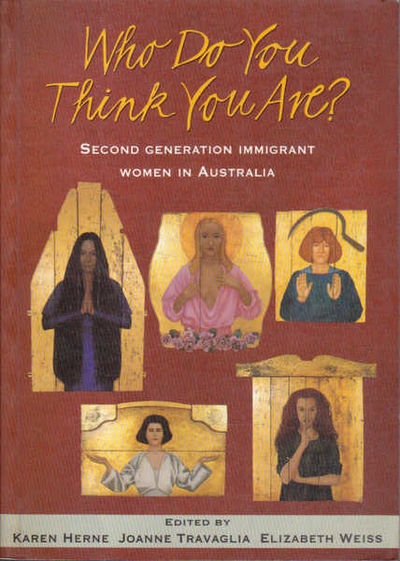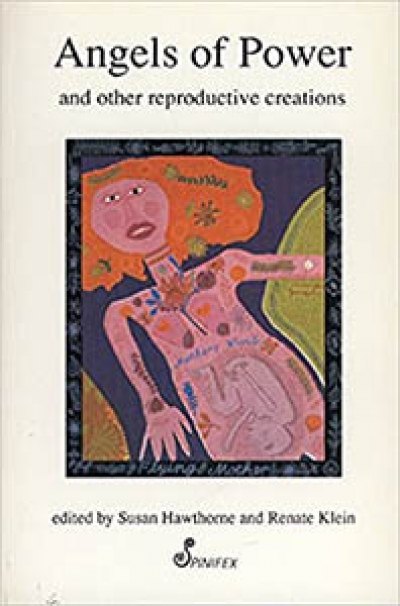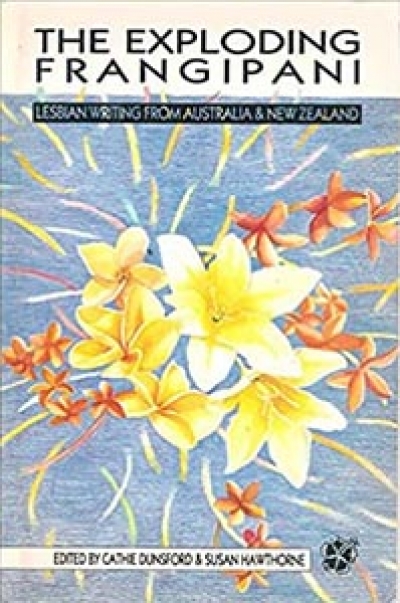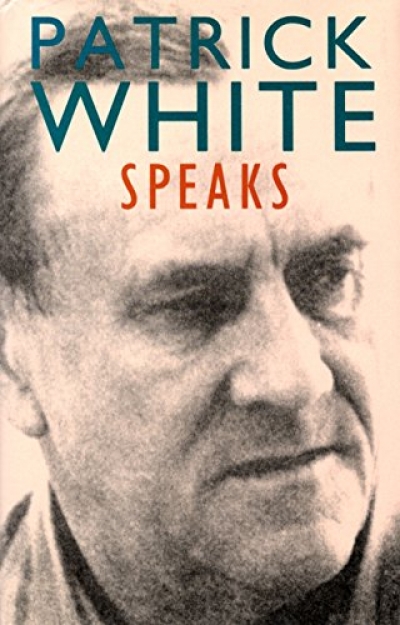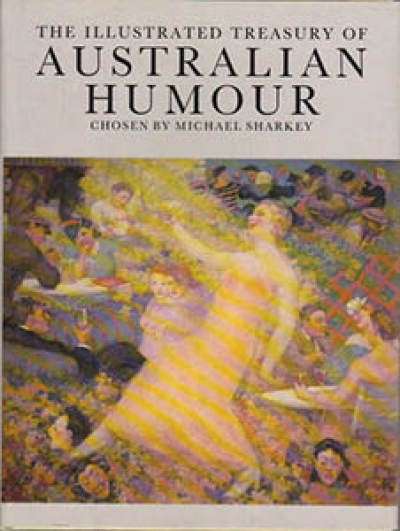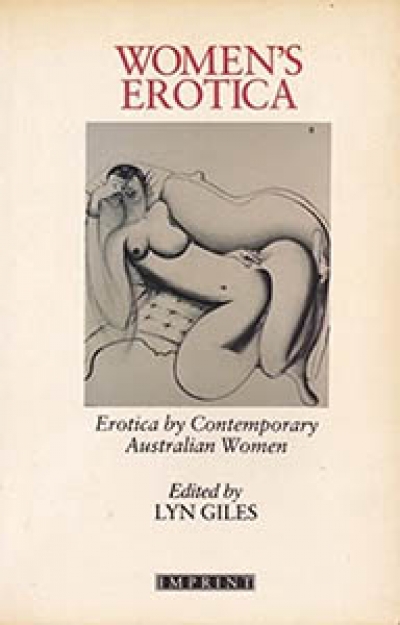Anthology
Who Do You Think You Are?: Second generation immigrant women in Australia edited by Karen Herne, Joanne Travaglia, and Elizabeth Weiss
by Heather Neilsen •
Angels of Power and other Reproductive Creations edited by Susan Hawthorne & Renate Klein
by Helga Kuhse •
The Exploding Frangipani: Lesbian writing from Australia and New Zealand edited by Cathie Dunsford and Susan Hawthorne
by Martin Thomas •
Patrick White Speaks edited by Christine Flynn and Paul Brennan
by Paul Carter •
The Illustrated Treasury of Australian Humour edited by Michael Sharkey
by Patrick Cook •
Women’s Erotica: Erotica by contemporary Australian women edited by Lyn Giles
The D Generation Bumper Book of Aussie Heroes by John Alsop, Santo Cilauro, Tom Gleisner, Andrew Knight, Rob Sitch, and Magda Szubanski
by Barry Dickens •

